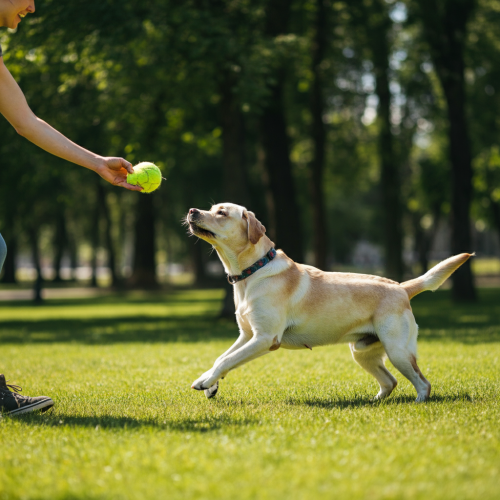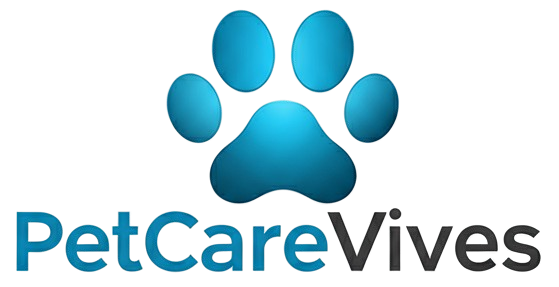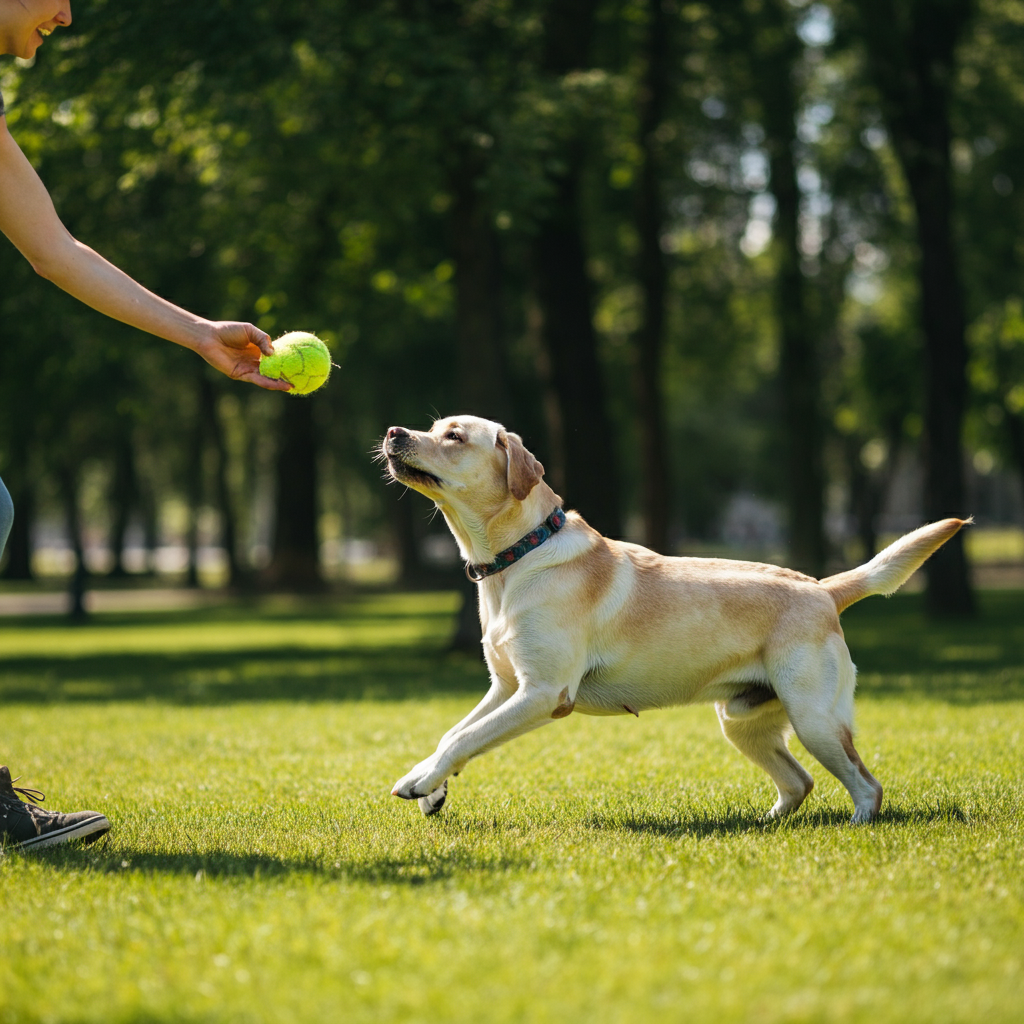In this post, we will discuss the best pet care schedule for your pets and provide some helpful tips on establishing a pet wellness schedule and a pet health care timeline. Let’s start!
Owning a pet is more than just feeding it and keeping it warm. No matter if you have a silly puppy, a curious kitten, or any other pet, planning the best pet care schedule is important for your pet’s health and well-being. This guide will help you to form a customized pet care routine that perfectly matches your friend’s needs – keeping them happy, healthy, and well-cared-for.
What is a Pet Care Schedule and Why is it Important?
Maintaining a structured schedule can do wonders for you and your pet. It ensures your pet gets all it needs when needed. From mealtimes and grooming to walkies and socialization, a pet schedule keeps everything on track and provides routine. A routine can also help you catch any unusual behavior early and respond to such health concerns. But it’s easy to let it all get overwhelming between playing, feeding time, vet checkups and more.
Key Components of a Pet Care Routine
Here’s how to make the best pet care schedule. Every aspect of caring for your pet should be carefully measured for its well-being.
Feeding Time:
Regularity is important when it comes to feeding your pet. The frequency and type of food will depend on your pet’s age, breed, and dietary needs. Puppies or kittens generally need to eat more often than adult animals, as do geriatric pets with special nutritional needs.
Dogs: Adult dogs generally eat twice a day, once in the morning and once in the evening. Puppies might require three to four small meals every day.
Cats: The average adult cat should aim for two meals a day, though you might feed your kitten (or your elderly cat) more or less often. Adding meal times to your normal schedule will provide a routine which controls your pet’s digestion.
Exercise and Playtime:
Exercise plays an important role in your pet’s physical and mental health . In general, proper pet care also advises exercising regularly, depending on your pet’s size and energy level. Dogs, as we know, especially bigger dogs, need more outdoor exercise in the form of walks and runs. Cats may be amused by indoor play with an interactive toy, such as a toy on a string to chase or climbing activity.
Creating a routine for playtime and exercise can ensure your Siamese cat stays boredom-free, trim, and well-behaved.
Grooming:
Pets need grooming to be clean and healthy. How often to groom will depend on the breed and the length of the coat. Pets with long hair, such as poodles or long-haired cats like Persians, might need grooming every day, while short-haired pets need grooming every few weeks.
Regular grooming and deterrents like brushing your pet’s fur, getting regular nail trims, and keeping ears clean are important. Some pets may need a bath monthly or even less often. Regular grooming is key to a healthy pet care regimen.
Vets and Health Checks:
Regular vet visits are always on any pet health schedule. Book annual exams for vaccines, parasite control and health checks. Don’t forget to keep up with flea and tick prevention, and monitor your pet’s dental care.
For older pets or pets with health issues, you may have to schedule more vet visits or just need reminders for certain treatments or check-ups.
Rest and Sleep:
Pets need to get enough rest to maintain their health. Most dogs need between 12-14 hours of sleep a day, and cats can sleep even longer. A peaceful, cozy place to sleep helps your pet feel more at ease. Maintain a consistent schedule with soothing rest and nap spots.
How to Create the Ideal Animal Care Schedule:
To craft the perfect schedule for caring for your pet, consider your pet’s requirements depending on their breed, age, and activity level. Many pets benefit from structure and predictability; others do better in a grayer, more laissez-faire land. The main thing being, either way, it’s all about being consistent. Here’s an example of a pet care schedule for a dog:
7:00 AM – Walk Obligation: Morning walk and potty time
8:00 AM – Breakfast
10 AM – Play or training slot
12:00 PM – Brief walk or another bathroom break
1:00 PM – Rest or afternoon nap I truly don’t control this – let the kiddo sleep so I can shower, work, read.
5:00 PM – Evening walk
6:00 PM – Dinner
8 PM – Snuggling and down time
10:00 PM – Last potty break and bed time
Keep this schedule up for a while, based the schedule around the dogs age and what they’re comfortable with. For example, a young puppy may require more playtime and potty breaks than an older dog.
Advantages of an Organized Pet Care Schedule:
A clear, consistent schedule has many advantages:
Healthier:
Regular vet visits, exercise, and grooming keeps pets in tip-top shape and allows detection of health problems early.
Happier Pet:
Animals love routine. A predictable care plan lowers fear, anxiety and out of-control behaviors.
Bonding:
It is a nice time to bond with your kitty through play and cuddles. This will make your cat happier and enhance your pet’s well-being.
Stress-Free Owners:
A set schedule will help you remember when and what you need to do to take care of your lovable pet, including feeding, grooming, and walking.
I have also written some frequently asked questions for you . These are:
Question 1 : How much should I feed my pet?
Answer: That depends on your dog’s age, size, and breed. Adult dogs should generally be fed twice a day, and puppies three or four times, depending on when they are weaned. Cats are usually fed twice daily, more often if they are kittens.
Question 2 : How much exercise does my dog or cat need ?
Answer: Activity needs differ from breed to size. Bigger breeds need more exercise (up to an hour a day), whereas smaller dogs and cats may require less. Pets need playtime to keep them active and engaged.
Question 3 : How frequent should my pet be groomed?
Answer: Grooming will depend on your pet’s fur coat, breed, and head size. Long-haired animals may need daily brushes, and short-haired pets can be groomed once a week or every few weeks.
Question 4 :How can I tell if my dog is lacking attention?
Answer: Destructive behaviour (chewing, scratching,) excessive barking or mewing or changes to eating or sleeping habits could be signs of neglect or boredom. These symptoms can be your pet signaling that he’s not getting enough individual playtime or attention.
Question 5 : How can I get my pet on a sleep schedule?
Answer: Give your pet a comfortable and quiet resting place. Create a schedule for bedtime and steer clear of evening play time, which may upset your pet’s sleeping schedule. Keeping a schedule is important—keep your sleep and wake times regular.
So spend a little time creating a custom best pet care schedule today, and treat yourself to a pet that is happy, healthy, and thriving in all aspects of its life tomorrow!
Thank you for reading . Always stay connected with Petcarevives for knowing pet care related tips.




